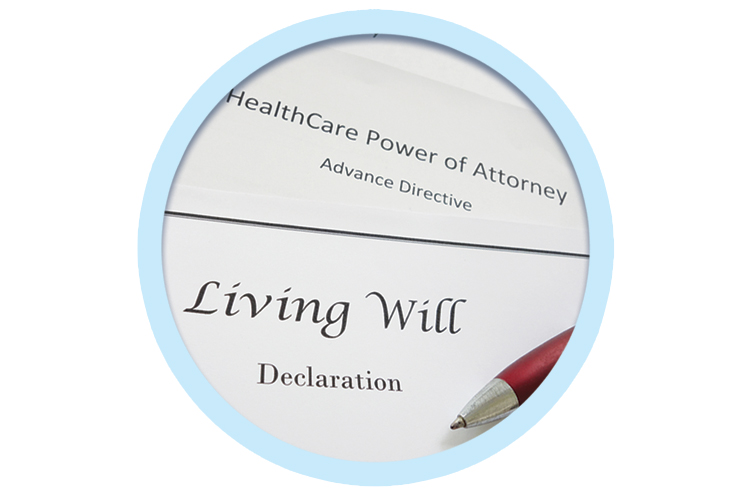
April 16th is National Healthcare Decisions Day, a day for all of us to take stock and ask ourselves:
“Do I have Advance Directives: a Health Care Proxy, Living Will and Power of Attorney? Who will make health care decisions for me if I am unable to? What are my end-of-life wishes and have I documented them to be sure my wishes are honored?”
National Healthcare Decisions Day started in 2008 to bring awareness to the importance of advance directives and the significance of starting a conversation with our loved ones. COVID-19 has certainly heightened our concerns.
A Health Care Proxy is used to designate someone, called your Health Care Agent, to make medical decisions on your behalf and to communicate your health care wishes to medical professionals. A Health Care Agent is allowed to make decisions when your doctor has determined that you no longer can. You should specify in the proxy whether your Health Care Agent should have authority to make decisions on your behalf regarding artificial nutrition and hydration. It is also wise to appoint an alternate Health Care Agent should the first agent be unavailable or unable. Your Health Care Proxy should contain a HIPAA release authorizing your Health Care Agent to have access to your medical records. If an individual has the capacity and can express their own health care decisions, the Health Care Agent cannot override those decisions.
A Living Will is a document in which you express your wishes concerning end-of-life care. This includes your wishes regarding the use of life-sustaining treatments such as, artificial nutrition and hydration, pain management, and administration of CPR. The Living Will works together with the Health Care Proxy and the agent named must be the same in both documents.
TIP OF THE DAY: Start the healthcare decisions conversation at the kitchen table, not the intensive care unit. These decisions should be made in a thoughtful, well-considered manner, not under panic, crisis-mode situations. After you have made your carefully thought-out decisions, be sure to communicate your documented wishes to your loved ones. By doing so, you relieve your family members from the burden of making difficult decisions for you when the time comes, or worse, arguing about what you would have wanted. Having Advance Directives makes your wishes clear and puts a plan in place. Finally, make sure your estate planning documents are executed (e.g., Wills, Trusts, Asset Protection Plans) as well.
It is critical to work with experienced Elder Law attorneys to create your Advance Directives. You can assure your wishes are honored, avoid family discord and disputes, alleviate the heavy burden from loved ones having to make these extremely difficult decisions for you, and instead, focus on more pressing matters like your care or the care of your loved ones.
April 16 is an important day to recognize. Start planning today.












 20 lucky winners will win $500 each in prizes totaling $10,000.
20 lucky winners will win $500 each in prizes totaling $10,000. 